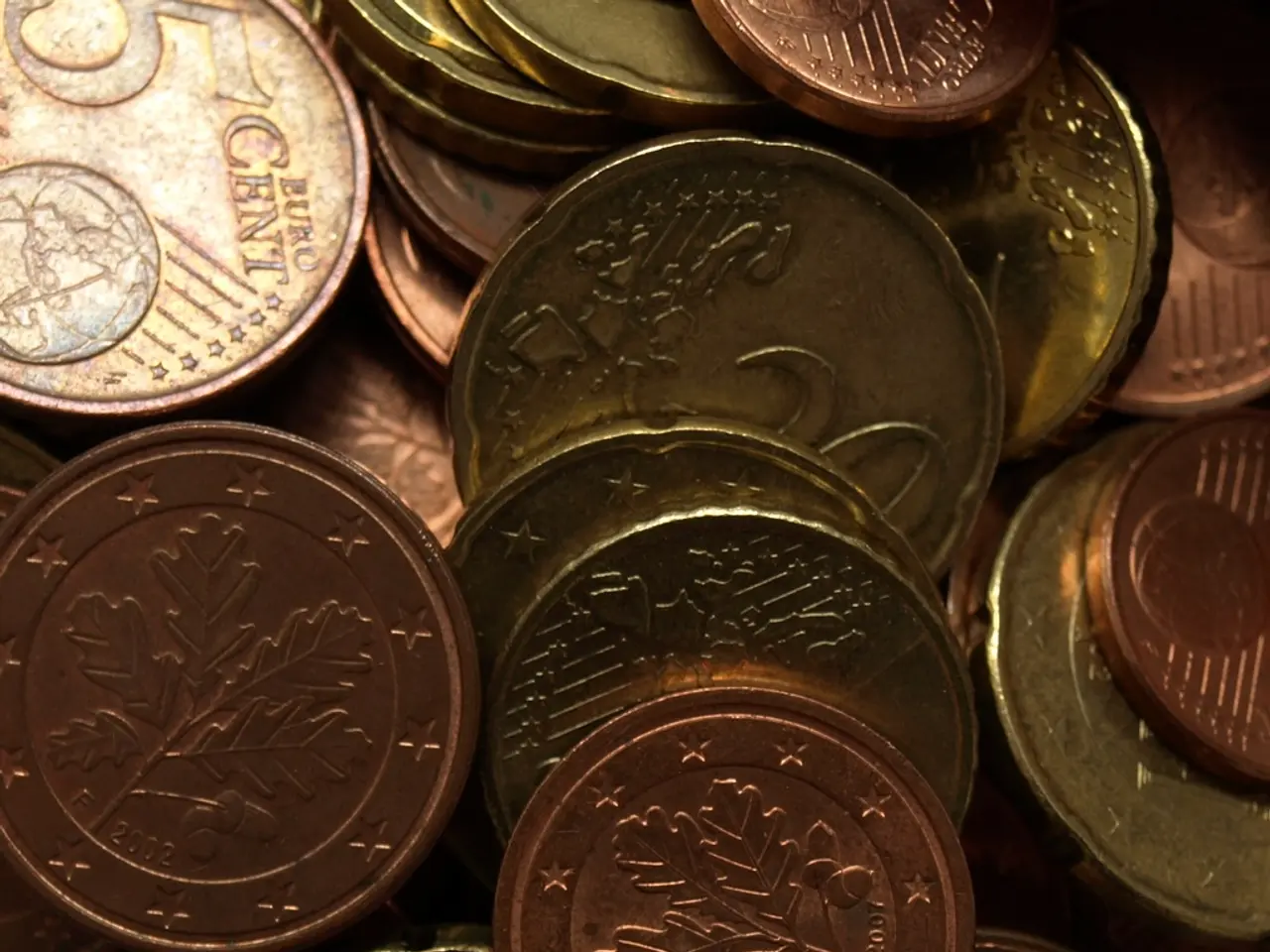Anti-corruption agencies in Ukraine regain autonomy, following parliamentary approval of a new law
Ukraine Restores Independence of Anti-Corruption Bodies Amidst Ongoing Conflict
In a significant move towards strengthening its anti-corruption efforts, Ukraine's parliament has approved a bill that restores the independence of two key anti-corruption watchdogs. This decision, made on August 22, 2025, marks a partial reversal by President Volodymyr Zelensky, who had earlier implemented measures that diminished their powers.
The previous measures, implemented in July 2025, had transferred investigatory powers from the National Anti-Corruption Bureau (NABU) and the Specialized Anti-Corruption Prosecutor’s Office (SAPO) to the prosecutor general’s office. This move was widely criticized by civil society and international observers, as it undermined key anti-corruption institutions established to investigate high-level corruption.
President Zelensky had justified these measures, stating that they were aimed at speeding up investigations, ensuring more convictions, and removing Russian meddling in investigations. However, the backlash against these measures was swift and severe. Street protests erupted across the country, marking the first major demonstrations since Russia's full-scale invasion began on February 24, 2022.
The EU Enlargement Commissioner Marta Kos called last week's legislative changes "a serious step back". She welcomed the approval of the new bill, stating that lawmakers had "corrected last week's damaging vote". The Ukrainian branch of Transparency International also praised the decision, stating that it reaffirms Ukraine’s commitment to strong, independent anti-corruption bodies, which remain key to Ukraine’s legal reforms and European integration.
Fighting corruption is crucial for Ukraine's aspirations to join the EU and maintain access to billions of dollars of vital Western aid. In addition to restoring the independence of the anti-corruption bodies, Ukraine has been making broader progress in its anti-corruption efforts during the first half of 2025. This includes auditing the National Anti-Corruption Bureau, reforming the State Register of Corrupt Officials, reforming the Asset Recovery and Management Agency, and ongoing risks associated with judicial appointments.
However, uncertainty exists regarding the amount and speed of additional weaponry that Ukraine's Western partners can provide. Russia is intensifying its attacks on Ukraine's front-line defenses and cities, posing a significant threat to the country's stability and progress. Despite these challenges, Ukraine continues to strive for a stronger, more transparent, and more accountable government.
References:
- Ukraine Reverses Course on Anti-Corruption Bodies
- Ukraine's Anti-Corruption Bodies Under Attack
- Ukraine's Anti-Corruption Bodies: A Step Back or a Step Forward?
In light of the ongoing conflict, Ukraine's recent policy-and-legislation move to restore the independence of two key anti-corruption watchdogs signifies a significant shift in politics, a response to widespread criticism and street protests. This decision, now marked as a step forward by the EU Enlargement Commissioner Marta Kos, is seen as crucial for Ukraine's aspirations in general-news arenas, such as joining the EU and maintaining access to Western aid, amidst ongoing struggles with judicial appointments and corruption.







